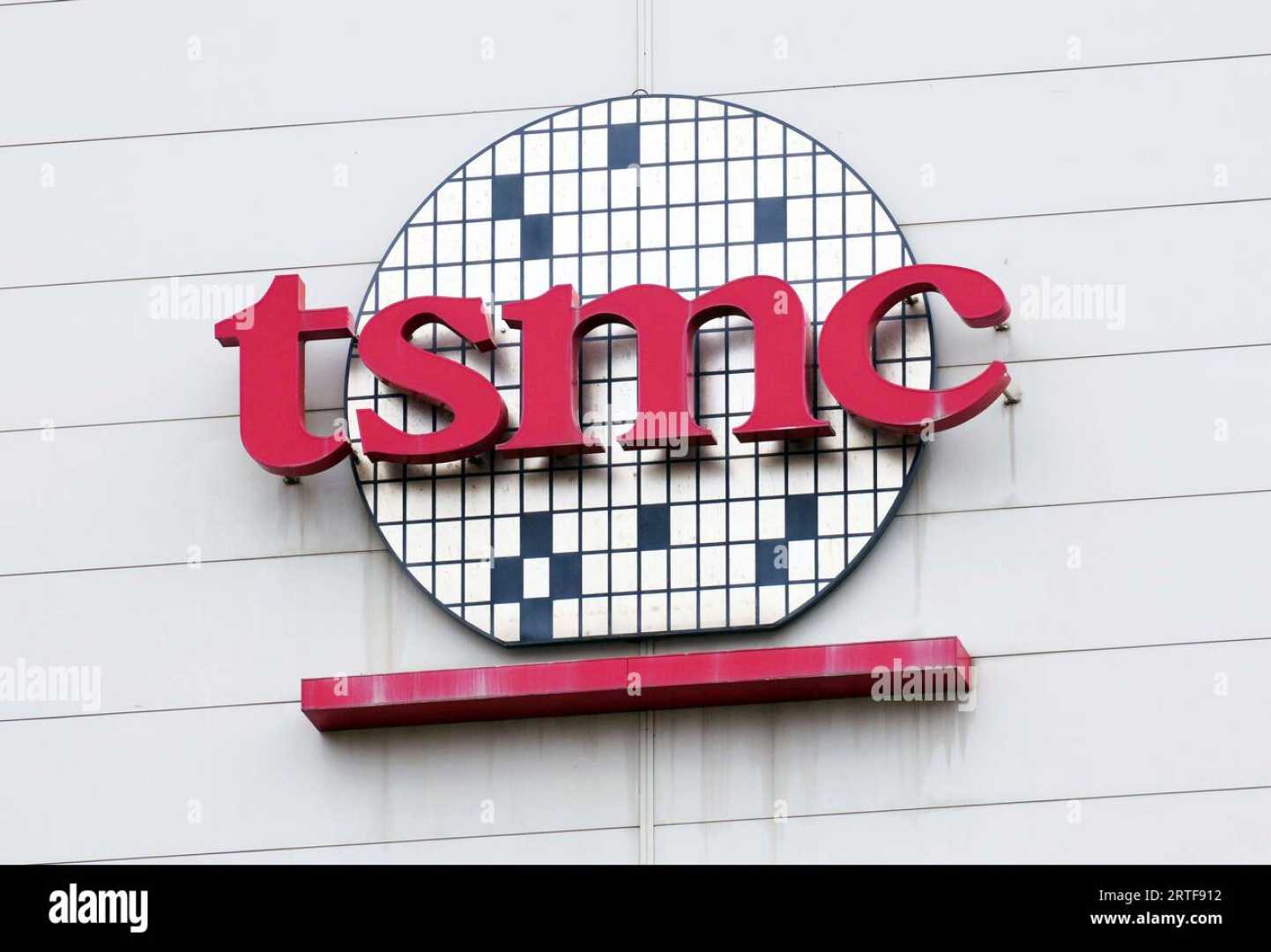Business
TSMC Proposes Joint Venture to Rescue Intel’s Foundry Business

SINGAPORE/NEW YORK/TAIPEI, March 12 (Reuters) – Taiwan Semiconductor Manufacturing Company (TSMC) is in early-stage discussions with U.S. chip designers including Nvidia, Advanced Micro Devices (AMD), and Broadcom about forming a joint venture to manage Intel‘s foundry division, according to sources familiar with the negotiations.
The proposed arrangement would allow TSMC to oversee Intel’s factory operations without exceeding a 50% ownership stake, a move that aligns with U.S. government requests for TSMC to assist in revitalizing Intel’s struggling business. Qualcomm has also been approached about potentially joining the venture.
Details surrounding the negotiations have surfaced for the first time. The talks come in light of a significant downturn for Intel, which reported a net loss of $18.8 billion for 2024, the company’s first loss since 1986, attributed to substantial impairments. Intel’s foundry division, which manufactures custom chips for various clients, has been struggling, with property and plant equipment valued at $108 billion as of December 31, according to company filings.
Three sources, who spoke on the condition of anonymity due to the confidential nature of the discussions, noted that a final deal would require approval from the Trump administration, which is keen to aid Intel as part of its broader initiative to strengthen American manufacturing capabilities.
Reports suggest that TSMC’s outreach to potential partners began before an announcement made by the company alongside Trump on March 3 about a new $40 billion investment to construct five additional chip facilities in the United States over the coming years.
The ongoing negotiations for the joint venture have reportedly continued, with TSMC expressing interest in aligning with multiple chip designers as partners. Intel’s board members are reportedly in favor of pursuing a deal, while some executives remain opposed to the idea, according to two sources.
Notably, multiple companies have shown interest in acquiring parts of Intel; however, some sources indicated that Intel has dismissed offers to sell its chip design division separately from its foundry operations. Qualcomm has already withdrawn from earlier discussions about acquiring a stake in Intel.
Intel’s contract manufacturing segment was central to former CEO Pat Gelsinger’s strategy. After Gelsinger’s recent departure, the company faces uncertainty as it continues to navigate through troubled waters, including the halting of plans for a forthcoming AI chip.
Historically, TSMC and Intel have encountered significant technological differences that could complicate any potential collaboration. Both companies employ distinct manufacturing processes, chemicals, and equipment at their respective facilities, making a partnership challenging.
Despite previous manufacturing partnerships between Intel and other firms such as Taiwan’s United Microelectronics Corporation (UMC) and Israel’s Tower Semiconductor serving as potential precedents, the complexities regarding proprietary manufacturing secrets remain problematic.
TSMC is looking for investors in the joint venture who are also customers for Intel’s advanced manufacturing services, one source revealed. As Intel continues to advance its most sophisticated production techniques, known as 18A, TSMC acknowledges that these discussions are crucial to the future of both companies.
In recent reports, Nvidia and Broadcom have been collaborating with Intel, utilizing its cutting-edge 18A technology, while AMD is assessing the capabilities of this manufacturing process for its own operations. However, the proprietary nature of the 18A process has sparked disagreements between Intel and TSMC during their negotiations.
Reporting by Fanny Potkin in Singapore; Milana Vinn, Anirban Sen, and Karen Freifield in New York; Wen-Yee Lee in Taipei; Max A. Cherney and Stephen Nellis in San Francisco; and additional reporting by Trevor Hunnicutt in Washington. Editing by Kenneth Li and Jamie Freed.












